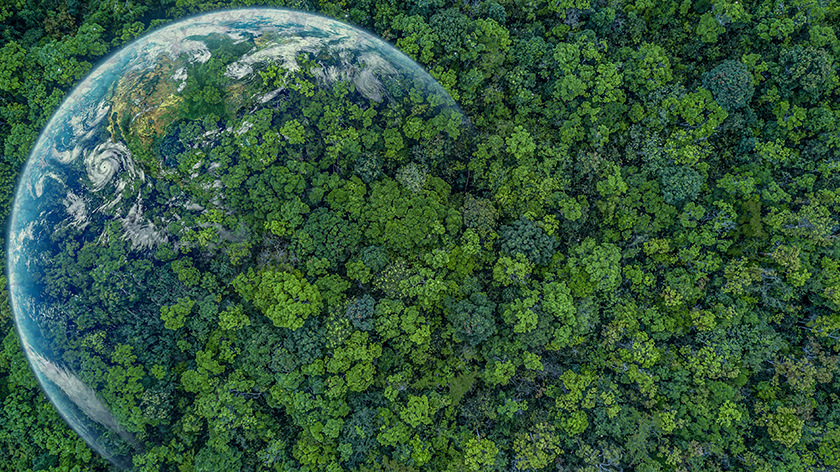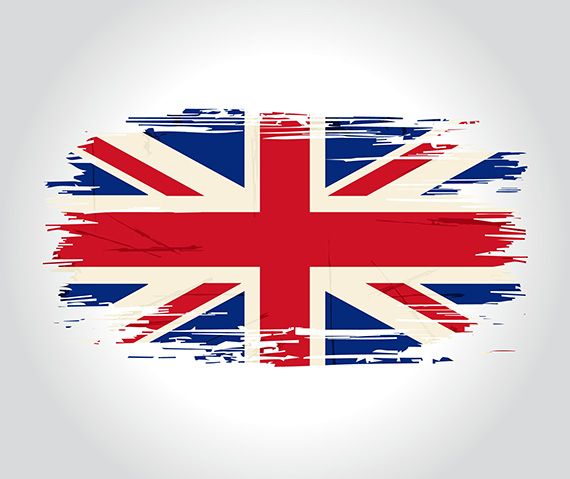More news
- Asian paint regulatory round up – Indonesian exterior paint still uses lead, warns W...
- Nigeria’s paint industry navigates regulatory changes and economic challenges amid p...
- Focus on the global coatings market: Global coatings market outlook
- Innovative coatings mitigate effects of deepening climate change
- Ask Joe Powder – October 2024

Borregaard operates one of the world’s most advanced and sustainable biorefineries. High utilisation of renewable raw materials and products that replace oil-based alternatives result in lower carbon footprints. Today, coatings producers are increasingly focusing on water-based coatings. Advances in additive technologies have enabled water-based coatings to be used in more demanding applications. However, limitations in water-based formulations are still present. These limitations shape the way coating systems are designed and determine their performance as well as the way coatings are applied.
Borregaard offers Exilva, a high performance and bio-based multifunctional additive. Exilva deals with issues faced in water-based coatings and offers performance advantages compared to existing additive technologies.
Exilva deals with four challenges faced in water-based coatings: rheology, drying, mechanical, and water absorption.
Rheology
Exilva significantly increases the low shear viscosity of formulations with minimal impact on mid shear (KU) and with no impact on the high shear (ICI). The addition of Exilva to the formulation doubles the anti-sagging strength versus conventional co-thickeners and reduces mud cracking effectively, allowing application of twice the wet film thicknesses.
The thickening mechanism of Exilva is unique and is a result of the physical entanglement of fibrils and hydrogen bonding, leading to a robust and stable 3D network. Furthermore, the formed network is not sensitive to pH (1-13), surfactants or presence of any other associative compounds. The high yield stress of Exilva prevents settling of heavy particles or floating of low-density fillers. The strong shear thinning property and lack of stringiness of Exilva allows the spraying of thick formulations.
READ MORE:
Drying
Exilva helps in drying and shrinkage reduction of wet film. Exilva will help produce a non-tacky surface, prevents skinning of the film, accelerates the drying process without mud cracking. Overall, Exilva reduces the risk of rain-related damage and the time required to complete a coating job.
Mechanical
Exilva increases tensile strength of cured coatings with minimal impact on elongation. This suggests the possibility to eliminate synthetic fibres or mesh from coatings requiring reinforcements for strength and crack bridging. Adhesion of the coating to concrete, steel, and PU foam will also improve with Exilva.
Water absorption
Exilva reinforces the cured coating and holds it. When the coating is subjected to soaking and drying cycles, Exilva reduces swelling of the cured coating. This (physically) reduces the water absorption of the coating without impacting the permeability. Lower water absorption increases durability and lifespan of the coating.
Exilva can increase the performance of water-based coating formulations that were previously limited by existing technologies. When the four benefits combine, coating manufacturers can design coating systems with thicker coats per layer and reach the required thickness faster with less layers. This will translate to savings in large scale industrial applications or labour-intensive construction sites.







